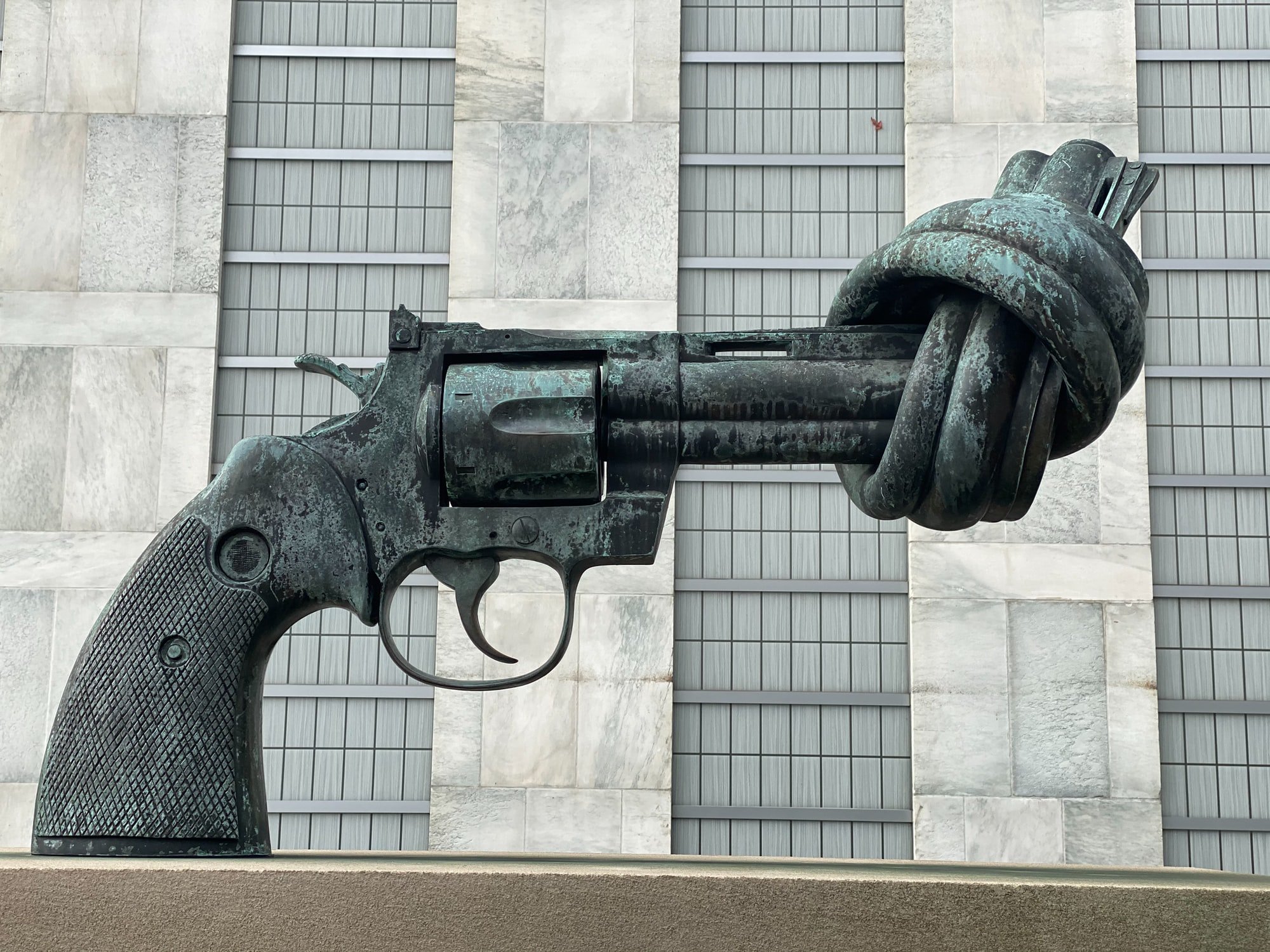Mass shootings are becoming commonplace in the US
As I write this blog, I’m thinking that most likely, there will be another mass shooting in the US by the time it’s published. According to recent statistics, there have been 300 mass shootings in the united states since January 2022. That’s almost two per day.
A mass shooting is defined as an incident in which at least four people are killed. Often, many more die, and that doesn’t include the scores who are seriously injured in these incidents.
The most recent mass shootings in the United States include the Buffalo supermarket shooting where 10 people died on May 14 by semi-automatic rifle, the Robb Elementary School in Uvalde, Texas, where 21 people died on May 24 by semi-automatic rifle, and the Highland Park parade shooting where seven people were killed by a semi-automatic rifle on the July 4th holiday. All of these shootings involved mentally ill young men.
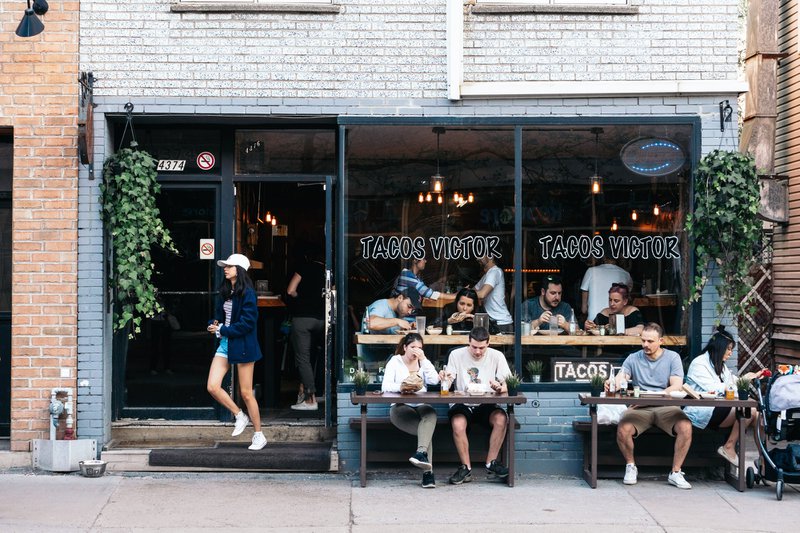
It’s easier to purchase a gun in the US than to sell a taco
American society makes so many efforts to create a safe environment and safe conditions for its citizens, except when it comes to guns. It’s way harder to get a permit to sell tacos in the United States than it is to obtain a handgun.
Here in Canada, it’s still better than in the United States, but a recent rash of gun violence in Ontario is making me wonder whether we’re rapidly heading in the same direction.
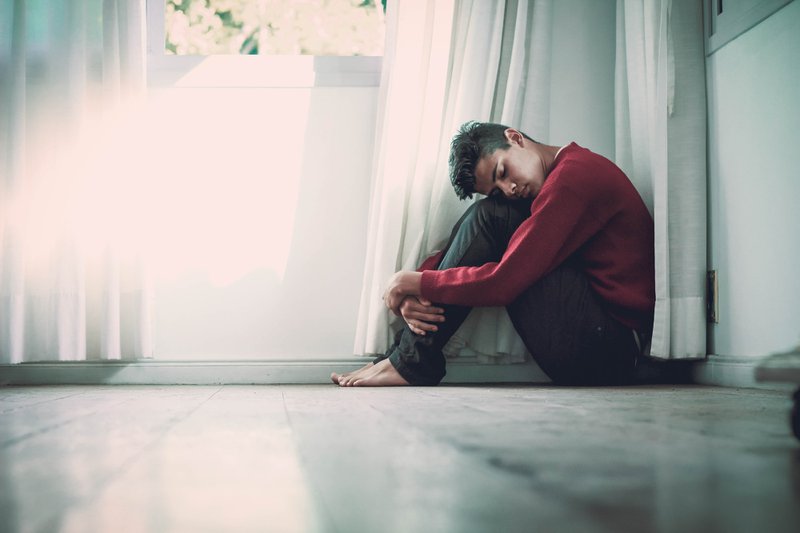
Mass shooters are usually young men with mental illness
So who is it that is shooting up the citizens in America? For the most part, it’s young men who generally have some type of mental health disorder. Many of them have come to the attention of the police or mental health providers prior to their violent episodes. Some of them have posted violent threats online, but even so, they seem to slip through the cracks and are allowed to express their mental disturbances through violence.
Studies have shown that, compared to other people, mass shooters were much more likely to be out of work, unmarried, and to have a history of mental health problems. Compared to other homicide offenders, mass shooters were four times more likely to have engaged in pre-meditated acts and eight times more likely to have killed strangers. They were also more likely to have suicidal thoughts prior to their attacks and to commit suicide directly or by cop during their attacks.
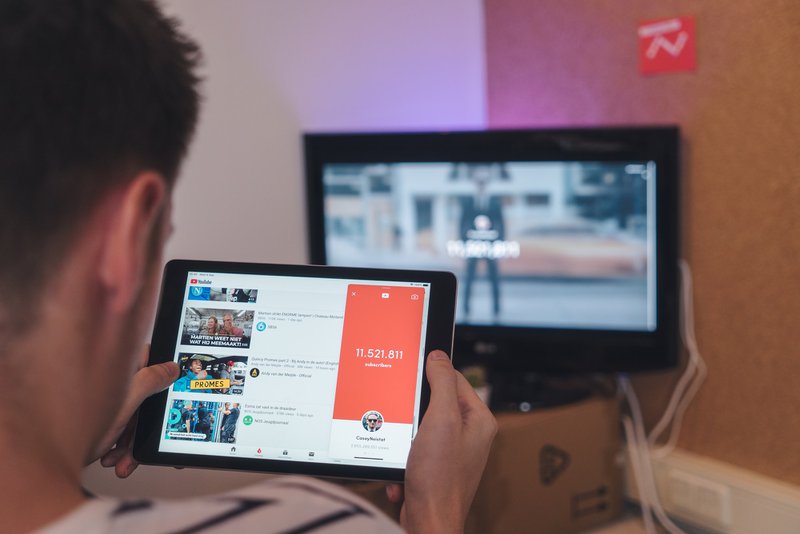
Social media encourages acts of violence IRL
Social media seems to support this type of violence because negativity is celebrated online. The internet is set up to attract more eyeballs and therefore, anything sensational, intense or shocking is celebrated. When young men with mental health disturbances post their violent fantasies online they are often encouraged to keep doing so. Some anonymous instigators even encourage these men to act out their violent fantasies in real life.
Instead of being shut down or coming to the attention of mental health providers, these young men are often emboldened to act out their violent fantasies. In my opinion, young people need more mental health support than ever before. There should be alert systems online to identify those individuals who are suffering from severe mental health crises and especially for those who are threatening violence.
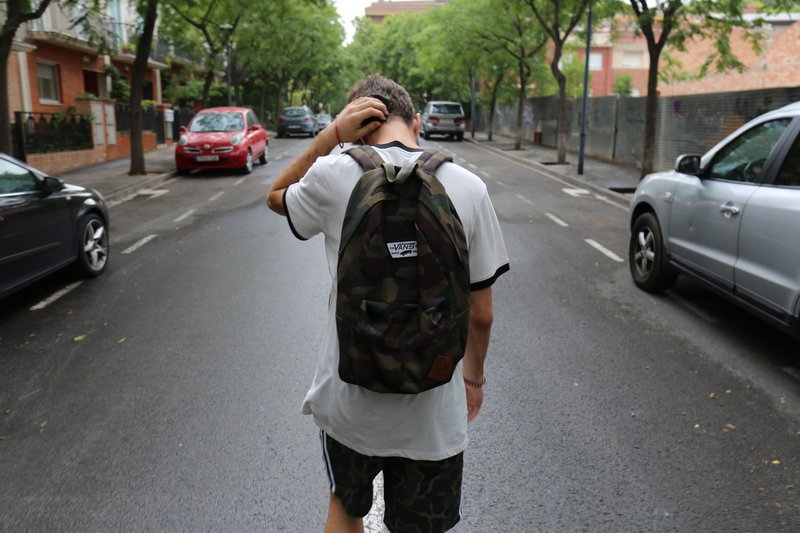
Mental health disorders are on the rise among Gen Z’ers
There has been a continuous rise in mental health disorders among young adults over the past several years. The Covid-10 pandemic has contributed greatly to this and now, the post-pandemic financial situation has only worsened our stress.
According to an article from the American Psychological Association, “Gen Z teens (ages 13–17) and Gen Z adults (ages 18–23) were facing unprecedented uncertainty, experiencing elevated stress and already reporting symptoms of depression” in 2020.
Some young people turn to violence when under extreme stress, and when handguns are so readily accessible it’s that much easier for them to cause maximum harm.
The police need to take these types of online threats more seriously and bring these young people to the attention of mental health providers before they can act out their violent fantasies.

The American Psychiatric Association wants to curb gun violence in the US
Even the American Psychiatric Association has chimed in on the problem by recommending assault weapons bans, high-capacity magazine bans, and universal background checks as a way to curb gun violence in the U.S.
I find it truly bizarre that the US mandates so many safety protocols for its citizens but leaves out the one safety measure that could save so many lives. There’s absolutely no reason for an average citizen to have any type of assault weapon. It is in no way required for their personal safety or for the safety of their family or property.
It should be much more difficult for the average citizen to obtain any type of weapon and there should absolutely be a mental health background check on anyone who is looking to buy a gun.

Easy access to guns is weaponizing mentally ill young men
For young men who are suffering serious mental health disorders, easy access to guns and the encouragement of their violent fantasies on the internet could be weaponizing these disturbed individuals.
We don’t want the United States, and possibly even Canada to become a shooting gallery. We don’t want simple things like going to the grocery store or to the movies or out for a walk to become an exercise in dodging bullets. It’s imperative that we start taking this problem much more seriously.
Everyone with a serious mental health condition is deserving of treatment, and society needs to be protected from anyone who is threatening violence. When we start providing appropriate treatment to young people with mental health conditions and when we make guns less readily available to mentally ill young men, we will see a rapid decrease in the number of mass shootings across North America.
______
Sign up here for my free biweekly wellness newsletter that brings you fresh, thought-provoking content.
Subscribe to my YouTube Channel where you’ll learn simple tips for taking the best care of yourself and your loved ones.
Tune in to my Ruthless Compassion Podcast where I go in-depth about topics like mental health, trauma, and loneliness.

